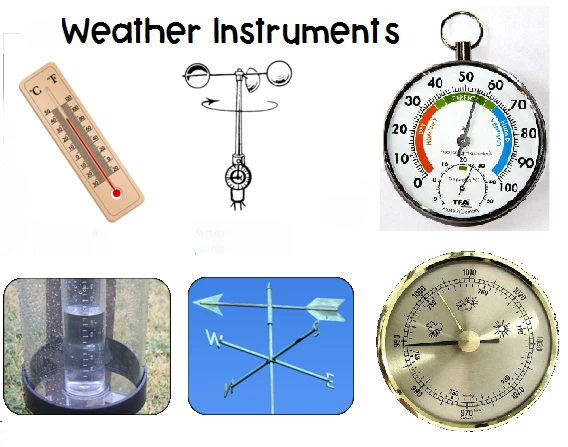
本身
html
Weather Instruments: Essential Tools for Meteorological Observations
Weather instruments play a crucial role in meteorology, helping scientists and researchers gather accurate data about atmospheric conditions. These tools are indispensable for weather forecasting, climate studies, and environmental monitoring. Below, we explore some of the most essential weather instruments used today.
1. Thermometer
The thermometer is one of the most basic yet vital weather instruments. It measures air temperature, providing data that helps predict weather patterns and seasonal changes. Modern thermometers use digital sensors for higher accuracy.
2. Barometer
A barometer measures atmospheric pressure, which is key to forecasting short-term weather changes. A sudden drop in pressure often indicates an approaching storm, while rising pressure suggests fair weather.
3. Hygrometer
This instrument measures humidity levels in the air. Understanding humidity is essential for predicting precipitation, fog, and even heatwaves. Hygrometers are commonly used in weather stations and greenhouses.
4. Anemometer
Anemometers measure wind speed and direction. These readings are critical for aviation, marine navigation, and severe weather warnings. Cup anemometers and ultrasonic anemometers are among the most widely used types.
5. Rain Gauge
Rain gauges collect and measure precipitation over a set period. This data helps track rainfall patterns, assess drought conditions, and manage water resources. Simple graduated cylinders or more advanced tipping-bucket gauges are commonly employed.
6. Weather Balloons
Weather balloons carry instruments called radiosondes into the upper atmosphere. These devices transmit real-time data on temperature, humidity, and pressure, providing valuable insights for weather models.
7. Pyranometer
A pyranometer measures solar radiation. This instrument is essential for studying climate change, solar energy potential, and the Earth’s energy balance.
Conclusion
Weather instruments are the backbone of meteorological science. From simple thermometers to advanced weather balloons, these tools enable accurate data collection and analysis. As technology advances, these instruments continue to evolve, improving our ability to understand and predict weather phenomena.
Keyword: wether instruments